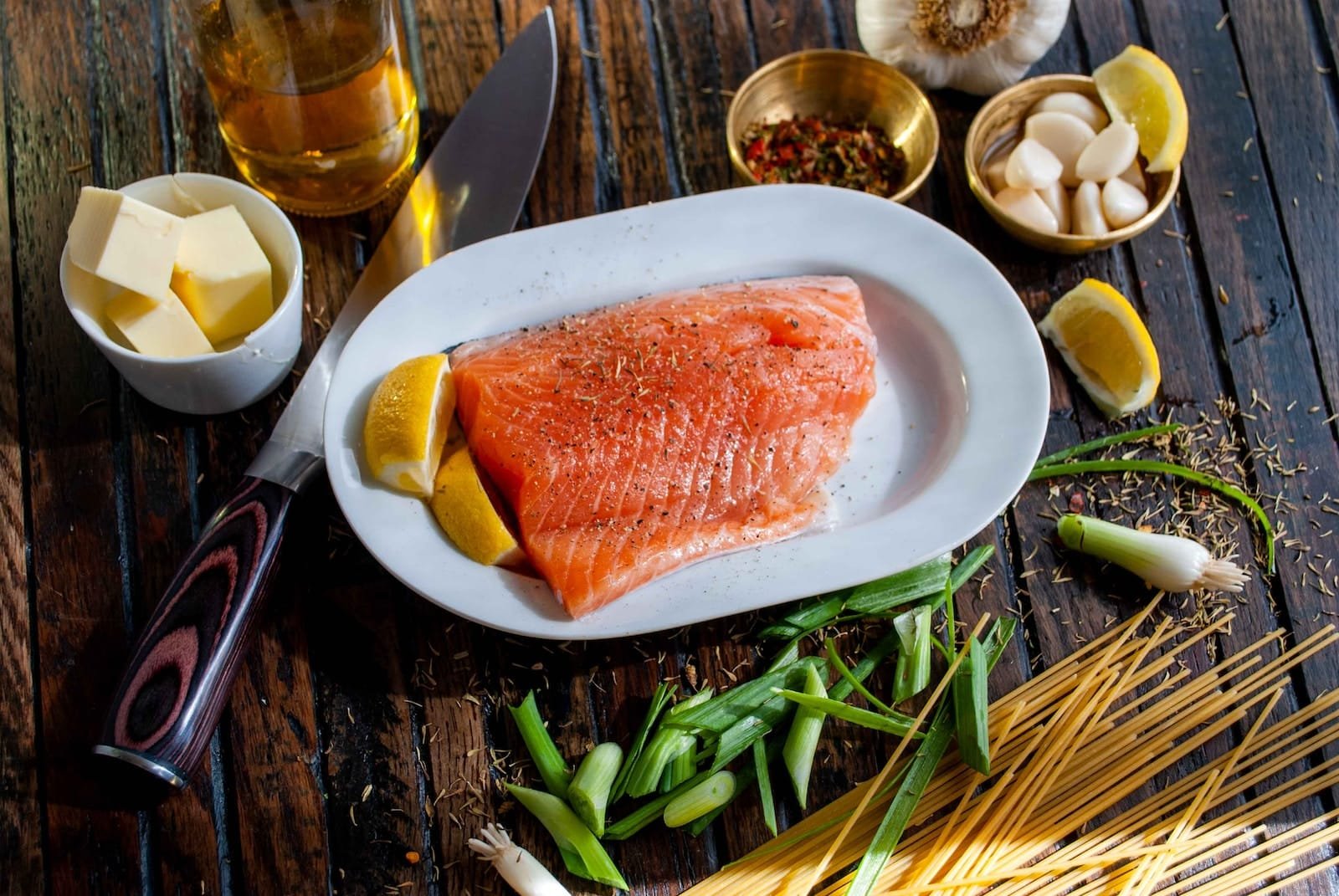Whether you caught a great sale at the grocery store, had a successful fishing trip, or simply want to have a nutritious protein option at the ready, knowing how to store salmon properly is key to maintaining its quality and safety. So let’s reel in some expert advice and best practices to ensure your salmon remains the catch of the day, any day you choose to cook it.
The U.S. Food and Drug Administration (FDA) is quite clear on this – salmon can be safely frozen for up to 2-3 months. Now, just because you can freeze it for that long doesn’t mean you should. There’s a bit of a balance to strike between food safety and food quality.
To make sure your salmon freezes well, you’ll need to follow a few key steps:
Freezing slows down enzyme activity that causes food to spoil. It’s like hitting the pause button on your salmon’s freshness. However, it doesn’t last indefinitely. Over time, even in a frozen state, the quality will start to decline.
When you’re ready to enjoy your catch, thawing it correctly is just as important as how you froze it. The safest method is to transfer the salmon from the freezer to the refrigerator and let it thaw overnight. If you’re in a pinch, you can use the cold water method, which involves submerging the sealed salmon in cold water, changing the water every 30 minutes until it’s thawed.
One of the joys of frozen salmon is that you can often cook it directly from frozen. Just remember that it might take a little longer than if it were thawed. Adjust your cooking times accordingly, and ensure the internal temperature reaches 145°F (63°C) for safe consumption.
While the salmon might remain safe to eat beyond the 2-3 month window, the quality — texture, flavor, and moisture — might not be something you’d want to serve. So it’s best to enjoy your frozen salmon within the optimal time frame.
Let’s sum up your freezer-fresh fish facts:


